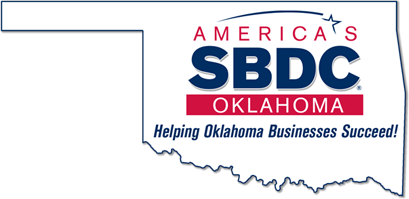Internal Revenue Service
For this disaster, until June 30, the IRS is postponing certain deadlines for taxpayers who live or have a business in the disaster area. The deadlines in your situation may vary.
- Under section 7508A, the IRS gives affected taxpayers until June 30 to file most tax returns (including individual, corporate, and estate and trust income tax returns; partnership returns, S corporation returns and trust returns; estate, gift and generation-skipping transfer tax returns; and employment and certain excise tax returns), or to make tax payments, including estimated tax payments, that have either an original or extended due date occurring on or after April 15 and on or before June 30.
- The IRS also gives affected taxpayers until June 30 to perform other time-sensitive actions described in Treas. Reg. § 301.7508A-1(c)(1) and Rev. Proc. 2007-56, 2007-34 I.R.B. 388 (August 20, 2007), that are due to be performed on or after April 15 and on or before June 30.
- This relief also includes the filing of Form 5500 series returns in the manner described in Section 8 of Rev. Proc. 2007-56. The relief described in Section 17 of Rev. Proc. 2007-56, pertaining to like-kind exchanges of property, also applies to certain taxpayers who are not otherwise affected taxpayers and may include acts required to be performed before or after the period above.
- The postponement of time to file and pay does not apply to information returns in the W-2, 1098, 1099 series, or to Forms 1042-S or 8027. Penalties for failure to timely file information returns can be waived under existing procedures for reasonable cause. Likewise, the postponement does not apply to employment and excise tax deposits. The IRS, however, will abate penalties for failure to make timely employment and excise tax deposits due on or after April 15 and on or before May 2 provided the taxpayer made these deposits by May 2.
- Affected taxpayers in a federally declared disaster area have the option of claiming disaster-related casualty losses on their federal income tax return for either this year or last year. Claiming the loss on an original or amended return for last year will get the taxpayer an earlier refund, but waiting to claim the loss on this year’s return could result in a greater tax saving, depending on other income factors. See your CPA or Tax Preparer.
- Individuals may deduct personal property losses that are not covered by insurance or other reimbursements. For details, see Form 4684 and its instructions.
- Affected taxpayers claiming the disaster loss on last year’s return should put the Disaster Designation “Oklahoma/ Severe Storms and Tornados” at the top of the form so that the IRS can expedite the processing of the refund.
- Taxpayers may download forms and publications from the official IRS Web site, www.irs.gov, or order them by calling 1-800-TAX-FORM (1-800-829-3676). The IRS toll-free number for general tax questions is 1-800-829-1040.
- If an affected taxpayer receives a penalty notice from the IRS, the taxpayer should call the telephone number on the notice to have the IRS abate any interest and any late filing or late payment penalties that would otherwise apply. Penalties or interest will be abated only for taxpayers who have an original or extended filing, payment or deposit due date, including an extended filing or payment due date, that falls within the postponement period.




